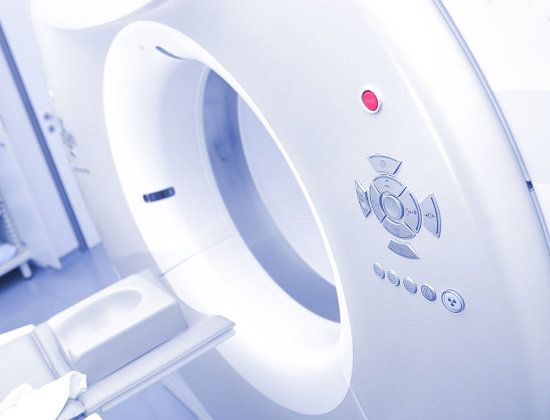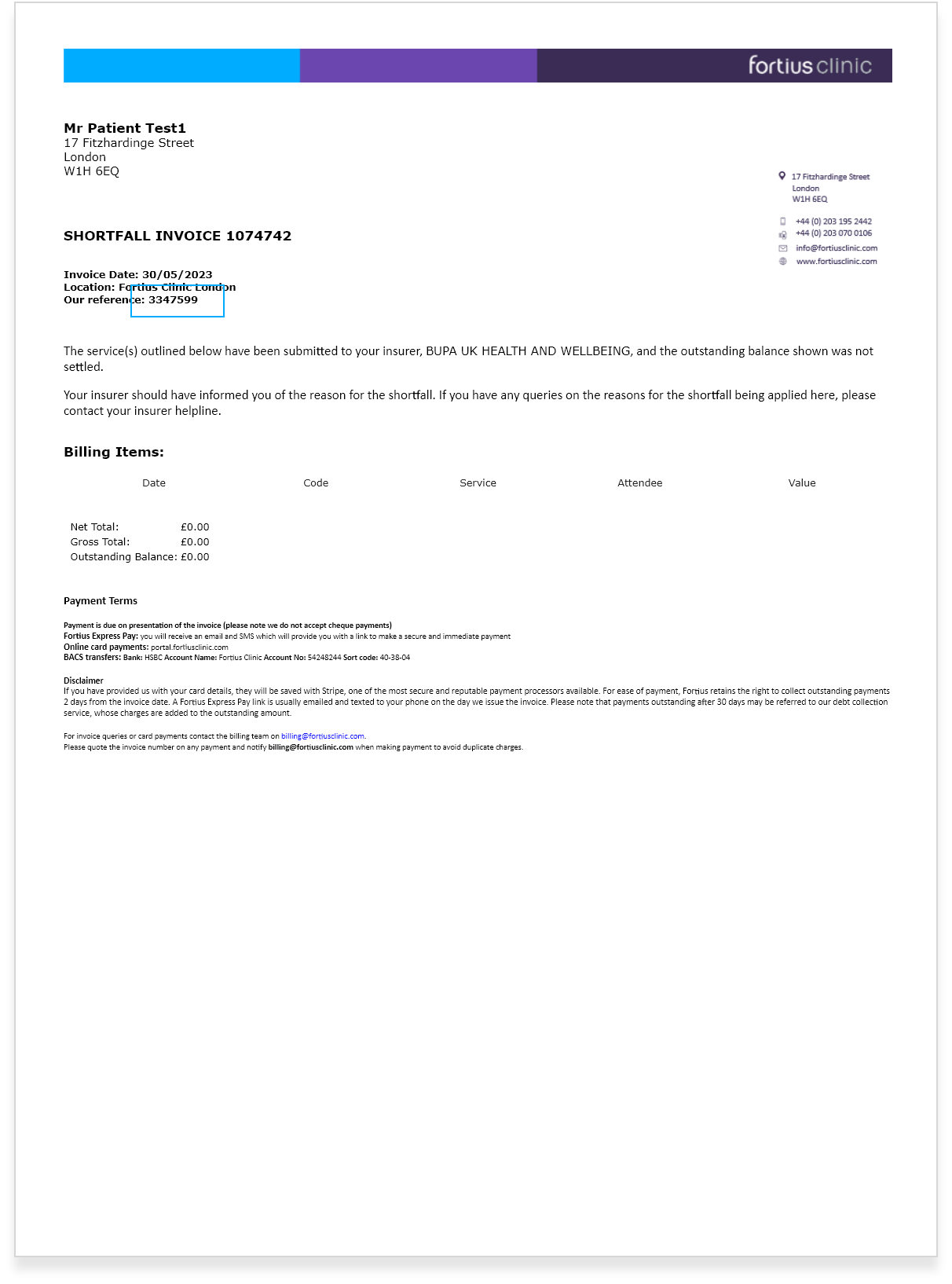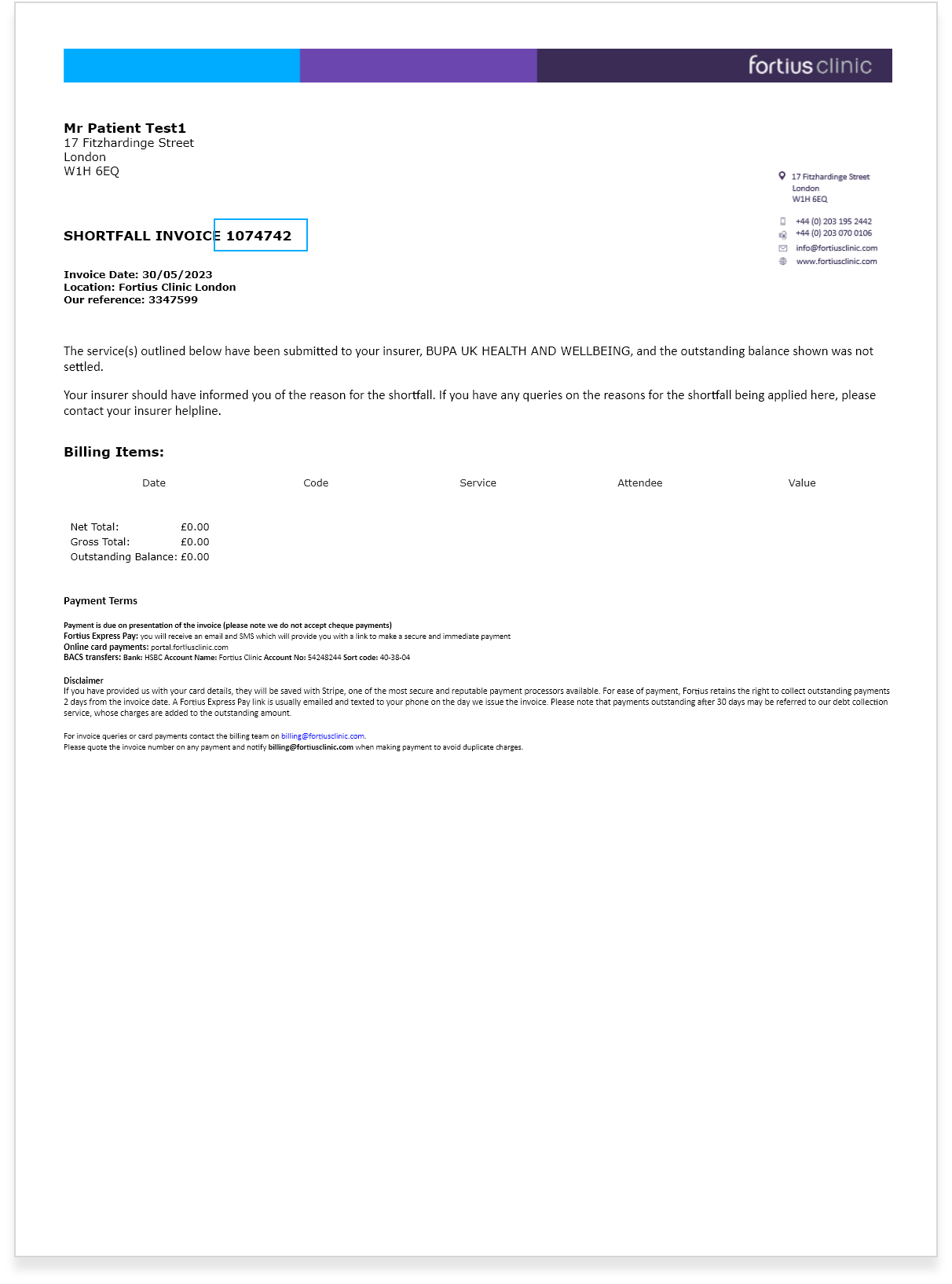About CT
CT (Computed Tomography) uses X-rays and a computer to create detailed images of the inside of the body. The CT scanner takes pictures from different angles around the body and puts them together to create a 3D picture. CT scans are performed by our experienced radiographers.
CT images are produced using ionising radiation. Everyone is exposed to ionising radiation on a daily basis, for example from radioactivity in the air and food. The amount of radiation associated with your CT depends on how much of your body is being scanned. All radiation exposures must be justified by a specialist to make sure a different examination is not more appropriate and the benefit of the exam outweighs the risk.
Sometimes we need to give you a contrast injection. The contrast is a special dye that contains Iodine and helps to make some internal structures clearer. If you are allergic to Iodine or have had a reaction to a contrast injection, please let us know.
Before your CT
It is important to arrive 15 minutes before your scan. If you can not get to your appointment on time, please call us as soon as possible.
When you arrive for your appointment, our radiographers will go through your CT questionnaire, explain how to get ready and answer any questions. You may need to put on a patient gown. You may eat and drink normally before the scan unless told otherwise.
If you are having a contrast injection you may need to complete a contrast questionnaire which will ask about your medical history and any allergies. A small tube called a cannula will be inserted into a vein in your body - usually in your arm - to allow us to inject the contrast. If any of the following applies please let the radiographers know:
- You have previously reacted to a contrast agent during an examination
- You have a history of allergy (such as seafood allergy, urticaria, hayfever)
- You have asthma
- Your kidneys or liver do not work properly
If the answer is yes to any of these questions you may need a blood test to check your kidney or liver function.
Anyone aged 65 years or older will need a blood test to check their kidney function before the scan.
The CT contrast questionnaire is available to download from this webpage.
During your CT
You will be asked to lie on the table. The position will depend on what you are having scanned. It is important to keep as still as possible during your scan. Please let the radiographer know if there is anything which could affect your ability to stay still or that they can do to make you more comfortable.
The machine has a gantry which is doughnut shaped. The table you are lying on will move quickly through the gantry multiple times to get the pictures required. The scan should take approximately 10 minutes.
If you are having a contrast injection the cannula you had inserted will be connected to a special pump injector to put the contrast dye in at the correct time. You will be told when your injection starts. This should not be painful but there can be mild side effects such as a cold feeling moving up your arm. There is a slight chance that the cannula will not work or you could have an allergic reaction to the dye. The radiographers will explain what signs to look for.
After your CT
After your scan you can collect your belongings and get dressed. There is no aftercare so you can leave the department unless you have had a contrast injection.
If you have had a contrast injection you may be required to stay for a short while to make sure you have no adverse reactions. Drink plenty of fluids throughout the day (water, tea, coffee, juice) to help get rid of the contrast through your kidneys.
A radiologist report will be available for your referrer. Please let the radiographer know if you would like a CD or electronic copy of your images.
Reporting and results
We offer a state-of–the-art picture archiving communications system (PACS) which enables radiologists and consultants, both at Fortius and elsewhere, to access your images. A report from your examination will be available on PACS and sent to your referrer or consultant. All patient information is protected and stored using the strictest security measures. You will automatically be sent an email link to your images within 2-3 hours of your appointment. If you don't receive the link or need any help accessing your images please email pacsadmin@fortiusclinic.com
If you have any questions about receiving your results or next steps, please speak to our Reception or Appointments teams, your referrer or your consultant’s secretary.
FAQs
Q: Can I have a CT scan while pregnant?
A: If you are between 12 and 55 years old, you may be asked if there is a possibility that you could be pregnant. If you are, or think you may be, please let your consultant or referrer and radiographer know. We may have to delay your CT scan depending on the risk versus benefit of the examination.
Q: What are the radiation risks of a CT?
A: CT uses X-rays which are ionising radiation. There is a potential risk when exposed to ionising radiation.
In line with IRMER (Ionising Radiation Medical Imaging Regulations) 2017 we follow the ALARP (As Low As Reasonably Practicable) principle. All examinations are justified to ensure the benefit of an accurate diagnosis outweighs the small risk of using ionising radiation. We are confident that we use the lowest amount of radiation possible.
There is further information about radiation risk on our website or in our imaging departments. If you have any concerns, please speak to your radiographer, referrer or consultant.
Q: Are there any side effects if I have a contrast injection?
A: Although side effects are very rare, they may include the following:
Allergic reaction: if you are allergic to X-ray contrast (Iodine), please inform the radiographer. The risk of having an allergic reaction to the dye is 1 in 100,000. This is slightly more common if you have other allergies.
Extravasation: sometimes the cannula in your arm can stop working or move which may cause the dye to leak into the surrounding tissue causing some swelling and redness.


